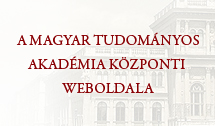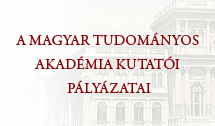The latest special issue of Studies in East European Thought on The Life and Work of Philipp Frank, edited by Adam Tamas Tuboly, has been published.
2016 marked the 50th anniversary of Philipp Frank’s (1884–1966) death. As a physicist-turned-philosopher, Frank played an important role in developing the Vienna Circle’s scientific world-conception [wissenschaftliche Weltauffassung] in Vienna and later in Prague with Rudolf Carnap. He was also responsible for the dissemination of the ideas of logical empiricism and modern scientific thought for the layman, which task he continued in the United States through the institutionalization of the unified science movement. This special issue aims to bring new perspectives to the texts and contexts of Frank, originating in a special Eastern- European context, to understand the rise and decline of his thinking, (meta-) philosophical commitments, and projects.
1. Adam Tamas Tuboly: Editorial Introduction: Philipp Frank, a physicist-turned philosopher.
2. Gerald Holton: Philipp Frank and the Wiener Kreis: from Vienna to Exile in the USA
3. Anne Siegetsleitner: Philipp Frank on relativity in science and morality
4. George Reisch: Pragmatic engagements: Philipp Frank and James Bryant Conant on science, education, and democracy
5. Amy Wuest: Simplicity and scientific progress in the philosophy of Philipp Frank
6. Adam Tamas Tuboly: Philipp Frank’s decline and the crisis of logical empiricism


